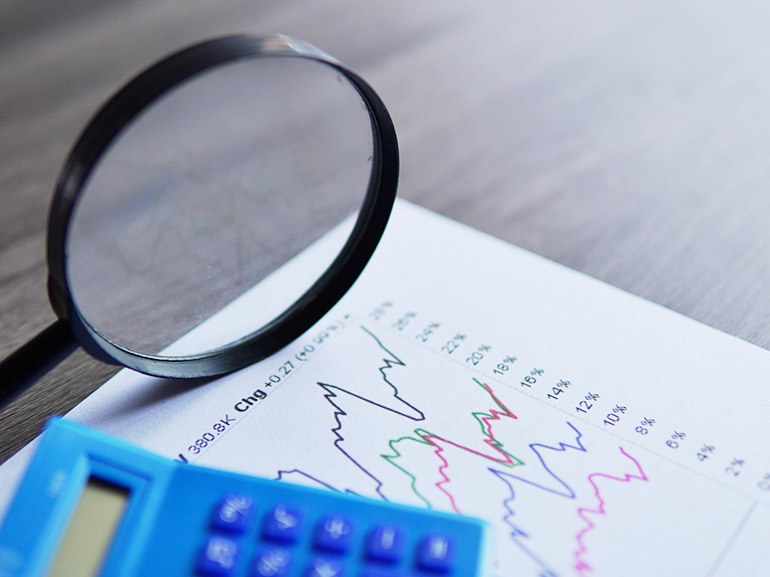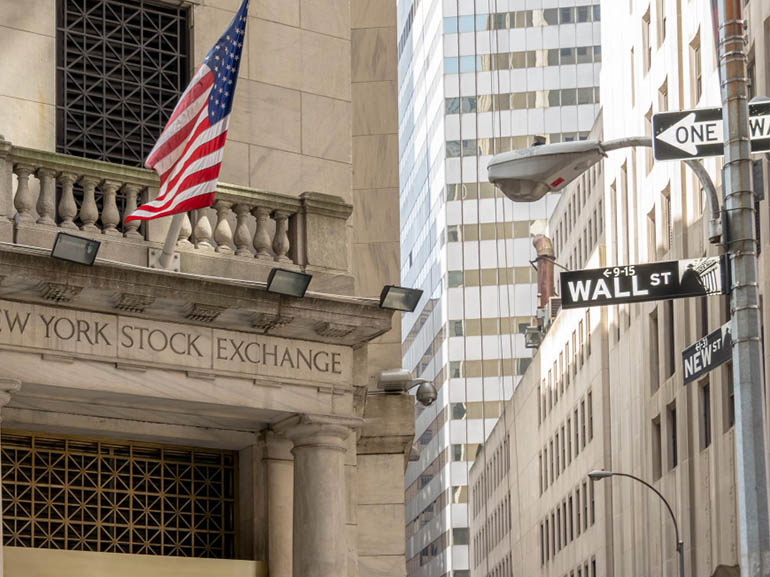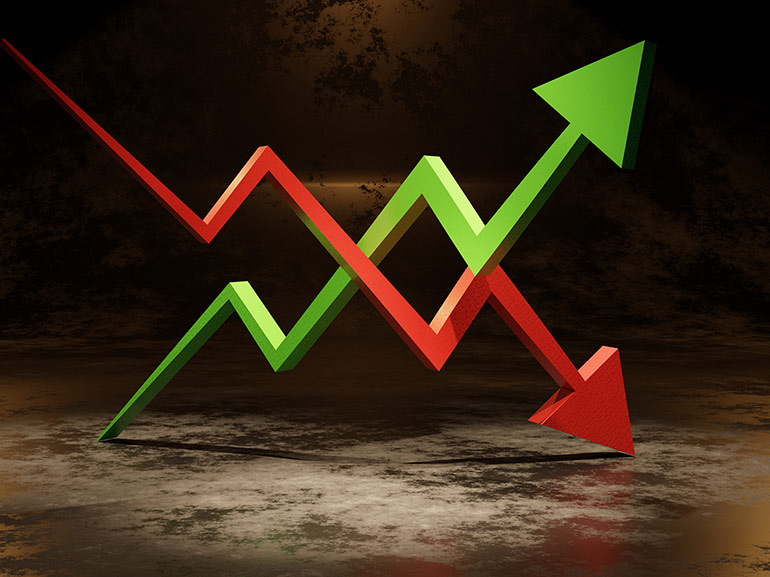What Is ESG: Environmental, Social, and Governance Explained
ESG are three letters you might want to know. ESG, which is an abbreviation of Environmental, Social, and Governance, is a term that has sparked both popularity and controversy over the past few years in the trading and investing communities. So what is ESG, what does ESG stand for, what is ESG investing, and how do we define ESG? Let’s find out:

TL;DR
ESG (Environmental, Social, Governance) is a framework used to assess a company's sustainability and ethical impact across environmental, social, and governance factors.
Environmental: Refers to a company’s climate impact, pollution, and resource usage.
Social: Refers to how a company treats its employees and handles workplace issues.
Governance: Refers to transparency, diversity, and anti-corruption in a company’s leadership and financial practices.
ESG investing: Involves investing in companies that meet certain environmental, social, and governance standards.
Big ESG companies: Microsoft, Apple, Nvidia, and Tesla are among the leading names, with mixed views on Tesla’s ESG score.
ESG Futures: Financial contracts based on the ESG performance of assets, enabling investors to trade on ESG criteria.
What Is ESG?
To put it simply, ESG is a set of Environmental, Social, and Governance factors used to evaluate the level of sustainability and ethicality companies adopt while operating. Investors and traders may refer to a company’s ESG score in order to find out how responsible their investment is in a company’s shares. The three different factors are as follows (Source: Robeco):
Environmental
Environmental factors refer to corporate climate policies, i.e. animal rights, the level of toxic greenhouse gas emissions and waste, deforestation, climate change, pollution, resource depletion, energy use, and more. Furthermore, how much a company complies with environmental regulations is also used to gauge this factor.
Social
Social refers to, as the name suggests, the social aspect of a company. In other words, a company’s social responsibility pertains to how well a corporation treats its employees and how legal the work environment is regarding safety and health measures and standards, employee relations, conflict, and working conditions. Therefore, if a company has a ‘social license,’ which is essentially how much the employees accept and consent to the company's practices, also indicates if the company adheres to the social factor.
Governance
Last but not least, governance standards refer to the accuracy and transparency behind a company’s accounting and financial methods and how far a company is willing to go to create diverse and equal work opportunities. Tax strategies, stance on anti-corruption and preventing bribery, board diversity, and hierarchy are some of the elements that go into calculating a company’s adherence to governance benchmarks.
What Is ESG Investing?
In order to familiarize yourself with ESG, you can compare it to purchasing a new set of shoes. Some of the criteria you should consider before purchasing a new pair of shoes, for example, are comfort and pricing, and some people might want to consider whether a brand is vegan-friendly, moral towards its employees, and transparent. Similarly, when investors and traders seek to buy or sell a certain company’s shares or certain financial assets, for example, they might want to weigh the latter’s ESG score, i.e. how much a company is ecologically, socially, and economically responsible.
What Are ESG Futures?
ESG Futures are specialized financial contracts that allow investors to trade based on a company’s or asset’s ESG score. These contracts are designed to enable hedging or speculation on ESG-focused investments. ESG Futures provide exposure to companies or indices with high environmental, social, and governance standards, allowing investors to either benefit from or protect themselves against the potential performance of these assets in the market.
These Futures can track ESG indices or specific assets, making them a key tool for investors looking to align their portfolios with sustainability and ethical standards. As ESG investing grows, ESG Futures offer a more direct way to engage with the movement on a financial level.
ESG Companies: Big Names Devoted to ESG
Some of the biggest and most committed companies to ESG are tech giants Microsoft (MSFT), Apple (APPL), Nvidia (NVDA), Alphabet (GOOG), and chain store behemoth Costco (COST), among others. It has even been reported that cloud providers like Microsoft Azure and Google Cloud are leading toward carbon-free and zero-emission computing. This is because while cloud providers usually generate greenhouse gas emissions that intensify global warming, Microsoft Azure and Google Cloud have released tools that gauge the estimated carbon dioxide emissions. Furthermore, companies can use these two cloud providers to meet ESG requirements. (Source: Investors.com)
Is Tesla an ESG Stock?
While the answer to ‘Is Microsoft an ESG company?’ seems more or less straightforward, the question of whether Tesla (TSLA) is more complex. This might come as a surprise to some, given the fact that Tesla is a leading electric vehicle manufacturer, and as such, the company is supposed to be classified as an ESG one way or another. Nonetheless, the EV maker’s ESG score is not black or white. While Microsoft is part of the S&P ESG index, earlier this year, Tesla’s shares were excluded from it. This, in turn, raised the question of whether Tesla is really an ESG stock or not. Furthermore, Tesla’s CEO, Elon Musk, might have increased the dubiousness and controversy surrounding Tesla’s ESG status when he revealed in a tweet on May 17th, 2022, that he believes that ESG is a scam. Musk tweeted that “ESG is a scam. It has been weaponized by phony social justice warriors” (Source: Twitter).
Why Is ESG Important?
One can argue that ESG is important because having some ESG standards for companies is good for the environment and for society as a whole. While companies may not be able to reverse the already-present ecological crisis, they can definitely attempt to comply with ESG guidelines and, hence, limit their carbon footprint to minimize harm. Moreover, some believe that ESG grants companies the ability to increase their customer base by giving them more access to resources. In addition, such practices can increase social credibility.
Whether or not more companies will be able to sustain the path of ESG is yet to be determined. Nonetheless, it is important to note that while this is a growing domain, there is still controversy brewing around it. (Source: Sphera)
Conclusion
In conclusion, ESG is an increasingly important framework in the world of investing, as it considers the sustainability and ethical practices of companies. While many corporations are aligning themselves with ESG standards, the debate around the effectiveness and sincerity of these efforts continues, with some companies, like Tesla, under scrutiny. ESG Futures, which are a relatively new financial instrument, allow investors to trade based on a company’s ESG score, providing another tool for those who wish to invest responsibly.
FAQs:
What does ESG stand for?
ESG stands for Environmental, Social, and Governance. It refers to a set of criteria used to assess how companies operate in terms of sustainability and ethical practices.
Why is ESG important?
ESG is important because it promotes corporate responsibility, reduces environmental harm, and enhances social and governance structures. Companies adhering to ESG principles can potentially contribute to a more sustainable future.
Is Tesla an ESG stock?
While Tesla is a leader in electric vehicles, which are environmentally friendly, its ESG score is debated. Tesla was excluded from the S&P ESG Index in 2022 due to concerns over governance and other factors.
What are ESG futures?
ESG Futures are financial contracts that track the ESG performance of companies or indices. These Futures allow investors to speculate or hedge based on ESG criteria.
How can I start investing in ESG?
You can start by researching ESG-focused mutual funds, ETFs, and individual stocks with strong ESG ratings. Many financial platforms also offer ESG investment options, allowing you to align your portfolio with sustainable practices.








